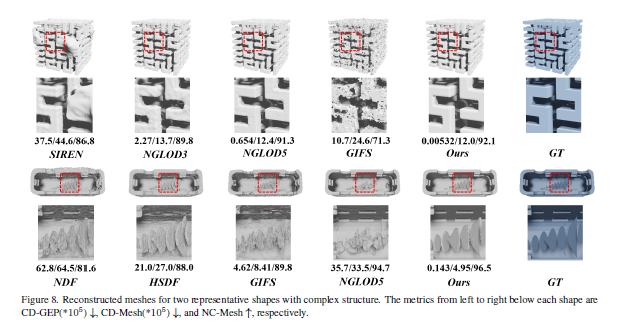numba
Code
from timeit import timeit
import numpy as np
import numba
from numba import jit, njit
# 传入jit,numba装饰器中的一种
@jit(nopython=True)
def go_fast(a): # 首次调用时,函数被编译为机器代码
trace = 0
# 假设输入变量是numpy数组
for i in range(a.shape[0]): # Numba 擅长处理循环
trace += np.tanh(a[i, i]) # numba喜欢numpy函数
return a + trace # numba喜欢numpy广播
@jit(nopython=True)
def go(a):
t = np.zeros(a.shape[0])
for i in range(a.shape[0]):
t[i] = a[i, i]
return a + np.sum(np.tanh(t))
x = np.arange(100).astype(np.float64).reshape(10, 10)
Blog
Result
| method |
jit |
timeit |
| go_fast |
|
11.3 µs ± 147 ns per loop (mean ± std. dev. of 7 runs, 100000 loops each) |
| go_fast |
njit |
805 ns ± 9.31 ns per loop (mean ± std. dev. of 7 runs, 1000000 loops each) |
| go |
|
7.43 µs ± 45.6 ns per loop (mean ± std. dev. of 7 runs, 100000 loops each) |
| go |
njit |
921 ns ± 9.16 ns per loop (mean ± std. dev. of 7 runs, 1000000 loops each) |
cuda
Code Cuda
nvcc -std=c++11 -o nbody nbody.cu
nsys profile --stats=true --force-overwrite=true -o nbody-report ./nbody

